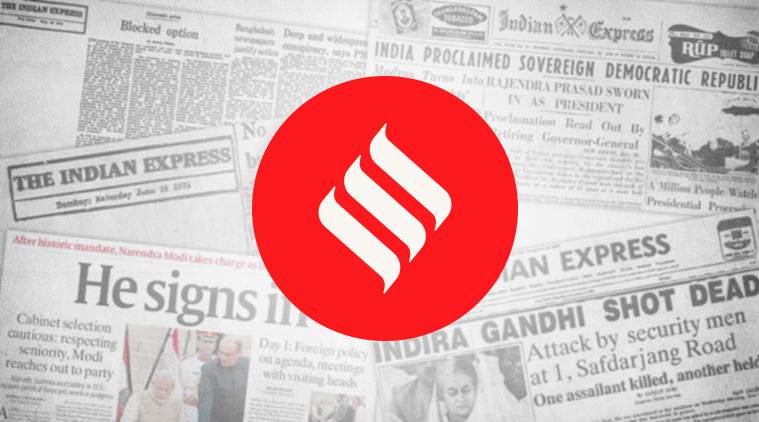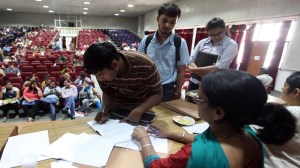- India
- International
A double blessing
But Delhi must not be lulled by big win for Nasheed’s party in Maldives. It must build on synergies, engage all players.
 Amidst this sensitive dynamic in the Maldives, the last thing Delhi needs is a categorisation of political forces there as “pro-Indian” and “anti-Indian”.
Amidst this sensitive dynamic in the Maldives, the last thing Delhi needs is a categorisation of political forces there as “pro-Indian” and “anti-Indian”.
The landslide victory in Saturday’s elections for the ruling party in the People’s Majlis of Maldives is being viewed in Delhi as a double blessing — consolidation of democratic forces as well as a deeper alignment with India. The Maldivian Democratic Party, headed by the charismatic former president, Mohamed Nasheed, has won more than two-thirds of the 87 seats of the Majlis. The victory follows the triumph of MDP’s Ibrahim Mohamed Solih in last September’s presidential elections. Solih’s win ended five years of autocratic rule by Abdulla Yameen, who subverted the constitution, undermined democratic institutions and jailed his opponents, including Nasheed. Yameen was convinced that his unambiguous political tilt towards China would insulate him from internal and external pressures for moderation and balance.
There is little reason for Delhi, however, to be carried away by this political moment in Maldives. The gains of the ruling Maldivian Democratic Party are vulnerable to the shifting sands of its domestic politics. The first big problem for Solih and Nasheed is to preserve the coalition that helped oust Yameen. A key member of the coalition, the Jumhooree Party, broke away from the MDP to contest seats for the Majlis. Although it won only in a handful, the Jumhooree Party had campaigned along with Yameen’s Progressive Party of the Maldives on religious and nationalist grounds. In the outgoing Majlis, Solih’s efforts at ending corruption and misappropriation of national resources were frustrated by the Jumhoree Party. Solih and Nasheed now have the majority in the assembly to undertake sweeping reforms, but will have to be mindful of going too fast and too far.
Amidst this sensitive dynamic in the Maldives, the last thing Delhi needs is a categorisation of political forces there as “pro-Indian” and “anti-Indian”. With an electorate of barely 2,50,000, the Maldives is a tiny republic. But its ruling elite is fractious. The deepening internal contestation for power intersects with the growing importance of the Maldives as a critical geopolitical location in the Indo-Pacific. Competing factions at home are quite willing to mobilise external support for their immediate goals. Meanwhile, external players like China have invested too much capital to simply walk away in the face of an electoral setback. Solih and Nasheed don’t have easy answers to the problem of overcoming the economic bondage to China. They already have trouble coping with the campaign against closer ties with India. Instead of buying into the thesis of a “pro-India turn” in Male, Delhi must purposefully build on the natural synergies between the two countries and patiently engage all political formations in the island republic.
EXPRESS OPINION
More Explained
Apr 24: Latest News
- 01
- 02
- 03
- 04
- 05
































